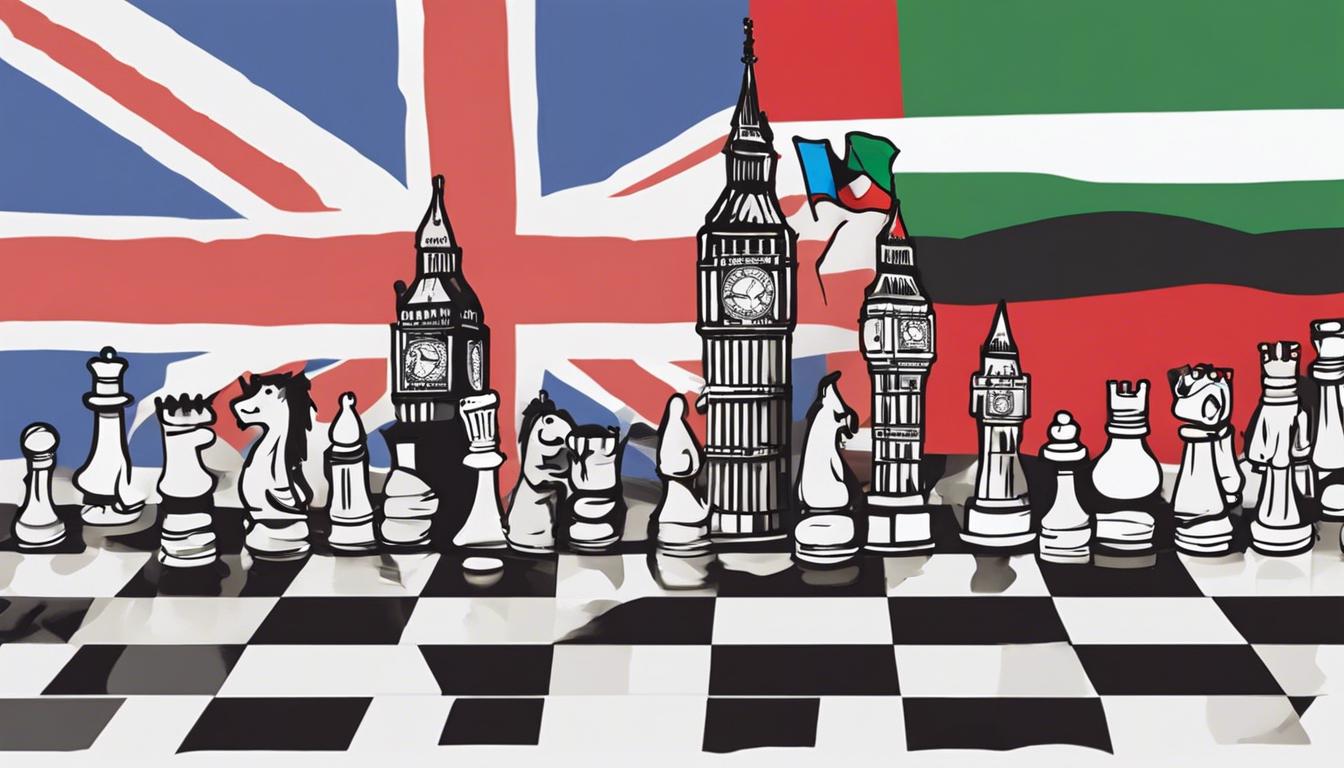The Conservative Party faces internal conflict over its stance on Israel and allegations of antisemitism, impacting the UK’s foreign policy and party dynamics.
The Conservative Party in the UK is currently embroiled in two related controversies involving its stance on Israel and allegations of antisemitism. Concerns have been raised about the impact of Israel’s actions in Gaza on the UK’s interests in the Middle East. Some pro-Israel Conservative MPs have urged Prime Minister David Cameron to moderate his criticism of Israel, emphasizing the defeat of Hamas as being in the UK’s interest. This debate reflects the wider issue of how the UK’s support for Israel aligns with international humanitarian law and British interests in the Middle East.
Adding to the party’s internal conflicts, former Conservative minister Sir Alan Duncan has come under investigation following comments he made during an LBC interview. Duncan accused Lord Polak and Lord Pickles, associated with the Conservative Friends of Israel group, of acting in the interests of Israel, specifically targeting them with accusations of being influenced by then-Prime Minister Netanyahu. These remarks have drawn sharp criticism, with several Jewish organizations, including the Jewish Leadership Council and the Campaign Against Antisemitism, accusing Duncan of using antisemitic tropes and calling for his expulsion from the party. The Conservative Party has initiated a disciplinary investigation into Duncan’s conduct, which could lead to his expulsion.
This situation has ignited a broader debate within the party and the public on the nature of political support for Israel, the boundaries of political discourse, and the issues surrounding accusations of antisemitism. It also highlights challenges in balancing internal party dynamics, international diplomatic relations, and the principles of international law. The outcome of the investigation into Sir Alan Duncan’s comments, as well as the internal debate over the UK’s stance on Israel, could have significant implications for the Conservative Party’s policies and its position on international issues.













